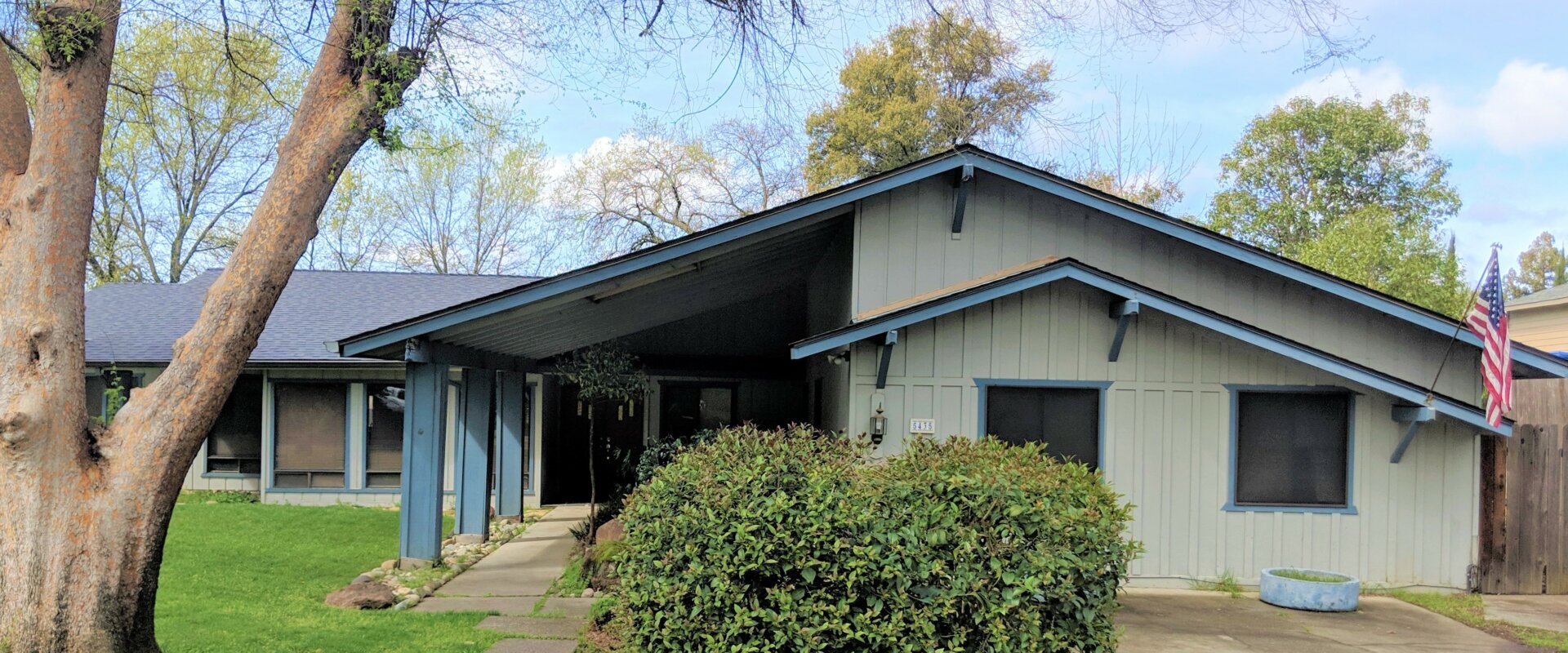So, you inherited a property. Maybe you were expecting it, maybe not. Now what? It can be difficult to know which steps to take when you take ownership of a home. Hopefully you have a great attorney or estate executor to guide you along the process. Especially if the home is not paid off.
Inheriting a house with a mortgage introduces unique challenges. You’re probably more likely to sell the property than take on a second house payment. But not just yet! Here are four things to consider when you’re deciding what to do about an inherited property that still has a loan.
1. Find Out If There is a Due-on-Sale Clause
Many lenders put a due-on-sale clause on their loans. This essentially means that as soon as the property is transferred from one person to another, the loan must be paid in full. This prevents people from transferring their mortgage to a family member or friend at the super low interest rate they got 10 years ago — even though it’s way lower than current rates.
This clause also applies to many homes that are transferred via will or other inheritance. If the home you inherit has this clause, you have to ask yourself if you’re willing to refinance the home to pay off the original mortgage with one of your own — or pay it off in cash. If not, your only option is to sell.
2. Consider the Equity
You may also want to consider the equity (or lack thereof) in the home. If the house is in an area with rising home values, you may want to hold onto it for a few years, rent it out, and then sell it. But what if the mortgage is underwater (the remaining balance is more than the home’s worth)? In that case, refinancing it isn’t possible and arranging a short sale with the bank may be the best option. You won’t walk away with any windfall, but you’ll also be off the hook for the mortgage, as well as property taxes and other carrying costs.
3. Calculate the Tax Implications
People who inherit a home and then sell it have to pay something called capital gains. However, it’s paid on a stepped up basis. How that works: If your grandmother bought a home for $75,000 that is now worth $350,000, you don’t have to pay taxes on the $275,000 difference between the original price and the sale price. Rather, you only have to pay for any difference between when you inherited it and when you sell it. So, if you inherit it with a $350,000 value, hang on to it for three years and sell it for $370,000 — you would owe capital gains tax on $20,000.
Talk to an accountant about the tax implications of selling now versus waiting until later. The tax bill could help you decide whether to sell now or hold onto the property for a while.
4. Get an Inspection
Finally, getting an inspection on an inherited property is so, so important. Sometimes older folks don’t have the money, time, or interest in keeping their homes modernized. Or they may be on a fixed income and find workarounds for broken things rather than calling someone for repairs. This can all amount to a property that needs a lot of work before you could move in or rent it out to someone.
After you get a full inspection, you’ll have an idea of how much it would cost to get the home in better shape. In some cases, it might be too stressful or expensive to undertake all of the necessary work. In that case, you may want to simply sell the house for as much as you can and walk away with a check (especially if the home doesn’t have a mortgage).
Did you inherit a home with a lot of problems or a mortgage you can’t pay? If waiting for a traditional home sale isn’t in the cards, you still have options! Investors like California Family Homebuyers can take on homes in almost any condition in the Sacramento area. Give us a call and we’ll come out and see the property. We close quickly, sometimes in a little as seven days! You can reach us at 916-496-3737.

